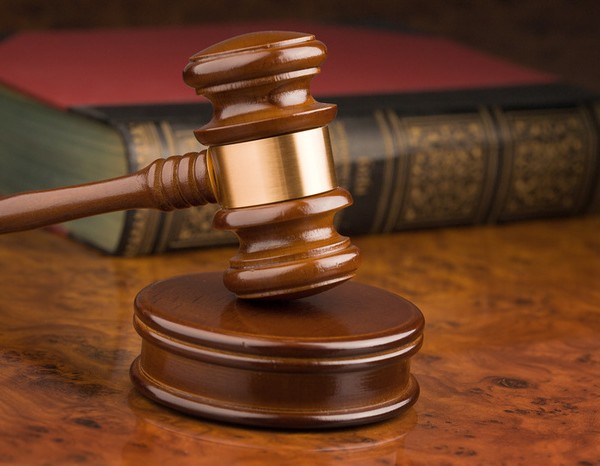Bradley Manning Clemency Petition Will Be Sought

(Credit: photo-dictionary.com)

Following an arduous detention and trial that eventually led to a sentence of 35 years for US Army Private Bradley Manning, his lawyers will consider a clemency application. Once facing a potential maximum sentence of 136 years for leaking information to WikiLeaks, Manning will be eligible for parole in approximately 10 years. Since his conviction, Manning has expressed remorse for his actions saying:
"I am sorry that my actions hurt people. I'm sorry I hurt the United States. . . . I understood what I was doing was wrong, but I didn't appreciate the broader effects of my actions."
A White House spokesman told the Hill that the administration would weigh a Bradley Manning clemency plea just like any other:
"There's a process for pardon applications or clemency applications . . . and I'm not going to get ahead of that process. If there is an application that's filed by Mr. Manning or his attorneys, that application will be considered in that process like any other application."
The US Department of Justice website, justice.gov, outlines the various steps one takes for applying for clemency. For a military offense, a petition has to be directed to the secretary of the branch of the military that had jurisdiction. According to militarylawdefense.com:
"To be eligible for filing a petition for a Presidential Pardon for a Federal conviction the petition shouldn't be filed until at least five years after the date from release of confinement or, in case there wasn't confinement at least five years after the date of the conviction."
Following, the US Attorney General will investigate the matter described in the petition and then determine whether the request for clemency should be advanced to the president.
The US Constitution grants the chief executive the power to grant pardons, but no specific guidelines are in place, "except in cases of impeachment."
High-profile pardons have included Bill Clinton's pardon of convicted financial criminal Marc Rich and George W. Bush's commutation of former Dick Cheney chief-of-staff I. Lewis "Scooter" Libby.
Franklin Roosevelt, the longest-serving president in US history, pardoned the most, more than one thousand more than the next highest pardoner, Woodrow Wilson. Andrew Johnson issued a general pardon to all Confederates except high-ranking officials. Gerald Ford also issued a pre-emptive pardon of Richard Nixon, who was never indicted for any crime related to Watergate.
Manning supporters might hang some hope on Attorney General Eric Holder's speech last week outlining the future of sentencing reform, with much of the focus placed on the war on drugs.
Yet, as the editorial board of the New York Times mentioned, in a 4,000 word speech, "there was not one mention of executive clemency." According to the Times, nearly 10,000 applicants for clemency have been received during Obama's tenure, but only 39 pardons and one commutation have been granted.
According to Pro Publica, Obama has had the lowest rate of pardons granted of any president in recent history. Several of the pardoned offenses pertained to unlawful acquisition of food stamps, possession of unregistered firearms, and trafficking counterfeit goods.
Many presidential pardons come at the end of a president's tenure in office when there will be minimal political repercussions. Manning's legal team worked hard and eventually received a sentence one hundred years shorter than could have been rendered. The pardon process takes a lengthy period of time; yet, it is also the last remaining option for Bradley Manning.



